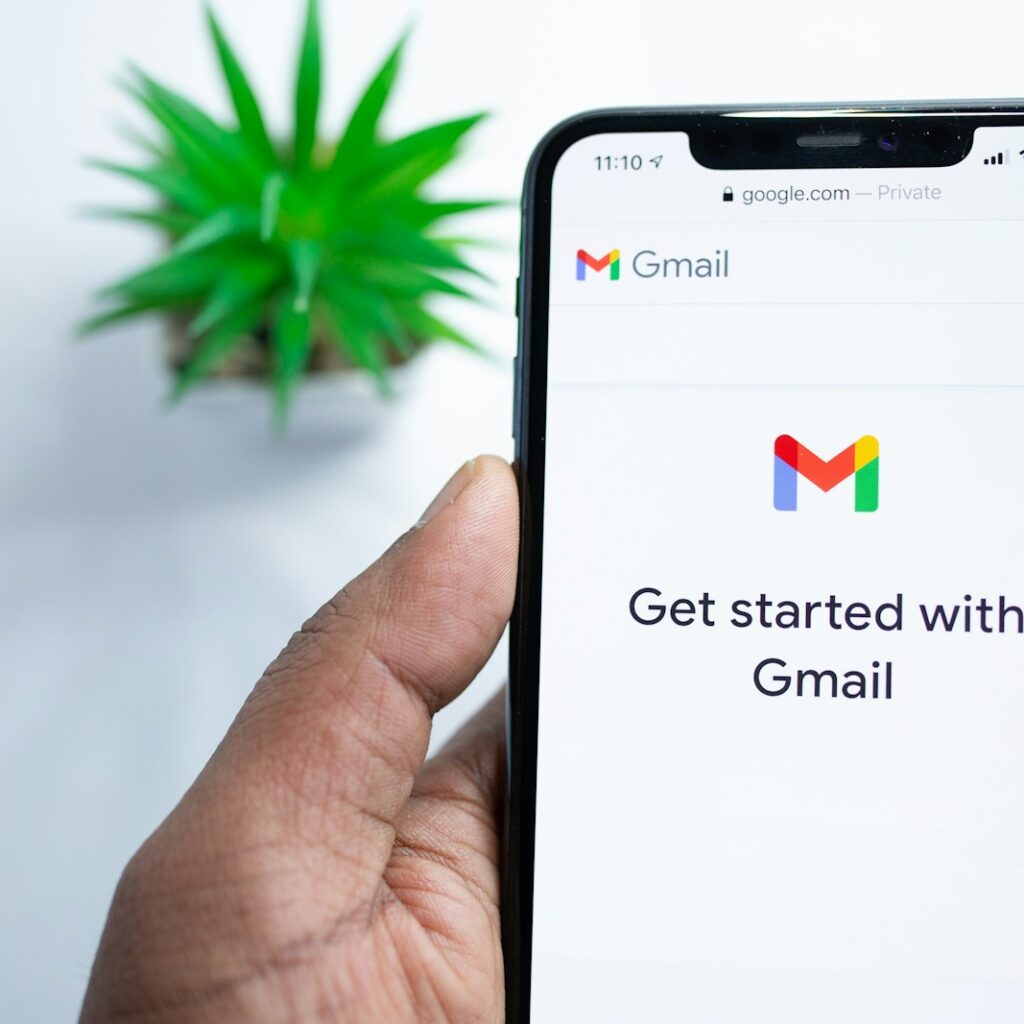Introduction
As more guests turn to Online Travel Agencies (OTAs) for booking accommodations, hotels face the challenge of increasing direct bookings while maintaining a healthy revenue stream. Offering ‘book direct’ discounts is an attractive way to incentivize guests to book directly through a hotel’s website instead of relying on third-party booking sites. However, without careful planning, these discounts can inadvertently cannibalize revenue or diminish perceived value.
In this post, we’ll explore how hotels can offer exclusive perks and direct booking discounts while ensuring they don’t undercut their overall revenue. By implementing the right strategies and balancing incentives, you can drive more direct bookings and foster long-term loyalty.
The Importance of ‘Book Direct’ Discounts
A ‘book direct’ discount is designed to attract guests who might otherwise book through OTAs, helping hotels retain more revenue by bypassing commission fees. However, offering these discounts requires careful thought to avoid revenue loss or brand dilution.
The Benefits of Direct Bookings for Hotels
Direct bookings are essential for the profitability of any hotel. Here’s why offering ‘book direct’ discounts makes sense:
-
Reduced Commission Fees: OTAs typically charge high commissions (15-25% per booking). By encouraging guests to book directly, hotels can retain a greater portion of the booking revenue.
-
Control Over the Guest Experience: When guests book directly, hotels have full control over the guest’s experience, from booking to check-out. This includes personalization, upselling opportunities, and better data collection for future marketing.
-
Increased Loyalty: Guests who book directly are more likely to return, as they feel they received a better deal and more personalized service. They also are more likely to sign up for loyalty programs that further encourage repeat bookings.
How to Avoid Discount Cannibalization
While offering discounts can help secure more direct bookings, it’s essential to avoid undercutting your revenue. If discounts are too steep, they could encourage customers to expect lower rates all the time or diminish the perceived value of your property. Here’s how to balance discounts:
-
Avoid Discount-Only Offers: Instead of offering purely monetary discounts, add value through perks (e.g., complimentary breakfast, room upgrades, or early check-ins). This ensures the guest feels they are getting more without directly cutting into your rate.
-
Limit the Scope of the Discount: Set clear boundaries for the discount offer, such as a limited-time offer or discounts tied to certain room types or package deals. This prevents discounting from becoming the norm.
Exclusive Perks to Offer for Direct Bookings
When offering perks to incentivize guests to book directly, it’s crucial to add value without diminishing your rate. Offering thoughtful, exclusive perks not only attracts direct bookings but also builds a stronger relationship with your guests.
Examples of Exclusive Perks
Rather than offering straight discounts, consider adding value in other ways that enhance the guest experience:
-
Complimentary Breakfast: Offering free breakfast can add significant value to a guest’s stay without reducing room rates.
-
Room Upgrades: While offering room upgrades to direct bookers is a great perk, make sure you have a strategy to manage availability so that it doesn’t negatively impact other bookings.
-
Early Check-in/Late Check-out: Giving direct bookers more flexibility with check-in and check-out times can enhance their experience without affecting your rates.
-
Loyalty Points: Offering bonus points for your hotel loyalty program is a great way to encourage direct bookings without cutting into room rates.


When to Offer Perks Instead of Discounts
Understanding when to offer perks over discounts can help preserve your brand’s value and revenue:
-
Seasonal Promotions: During off-peak seasons, offering perks like room upgrades or complimentary services can increase direct bookings without reducing room rates.
-
Return Guests: For loyal guests who frequently book directly, perks like early check-in or special amenities can strengthen loyalty without needing to lower room prices.
-
Long-Term Stays: For guests booking extended stays, offering discounts on amenities (like laundry or parking) or free services can be a great alternative to cutting room rates.
Pricing Strategy to Protect Revenue
Offering perks should always be part of a smart pricing strategy that prevents you from cannibalizing revenue. Here’s how to approach pricing for ‘book direct’ promotions effectively.
Dynamic Pricing and Rate Integrity
Dynamic pricing enables hotels to adjust their rates based on demand, seasonality, and competition. To protect your revenue, it’s important that any direct-booking discounts or perks don’t interfere with your overall pricing strategy:
-
Offer Perks with No Price Reduction: Instead of reducing rates for direct bookers, consider increasing your prices slightly and bundling value-added services. For example, add a small surcharge for premium services like breakfast, but make it clear that direct bookers receive the benefit at no additional cost.
-
Use Limited-Time Offers: Create a sense of urgency around discounts for direct bookings, such as limited-time or flash sale promotions. This can drive bookings while maintaining price integrity.
Implement a Rate Parity Strategy
Rate parity ensures that the price of your rooms remains consistent across all channels, including OTAs and your direct booking website. However, offering additional perks to direct bookers can create a win-win situation without violating rate parity:
-
Value-Added Perks: Offer exclusive perks (like room upgrades, early check-in, or late check-out) without changing the base rate. This ensures that your prices remain the same across all platforms while still enticing guests to book directly.
-
Package Deals: Bundle perks with room packages that create a perceived higher value for direct bookings. For example, offer a “Stay 3 Nights, Get a Free Spa Treatment” package available only through direct booking.
Ready to increase your direct bookings and enhance your revenue strategy? Share your thoughts in the comments below or explore other content on our website about smart pricing and hotel marketing strategies. Let’s make your hotel the first choice for travelers.























